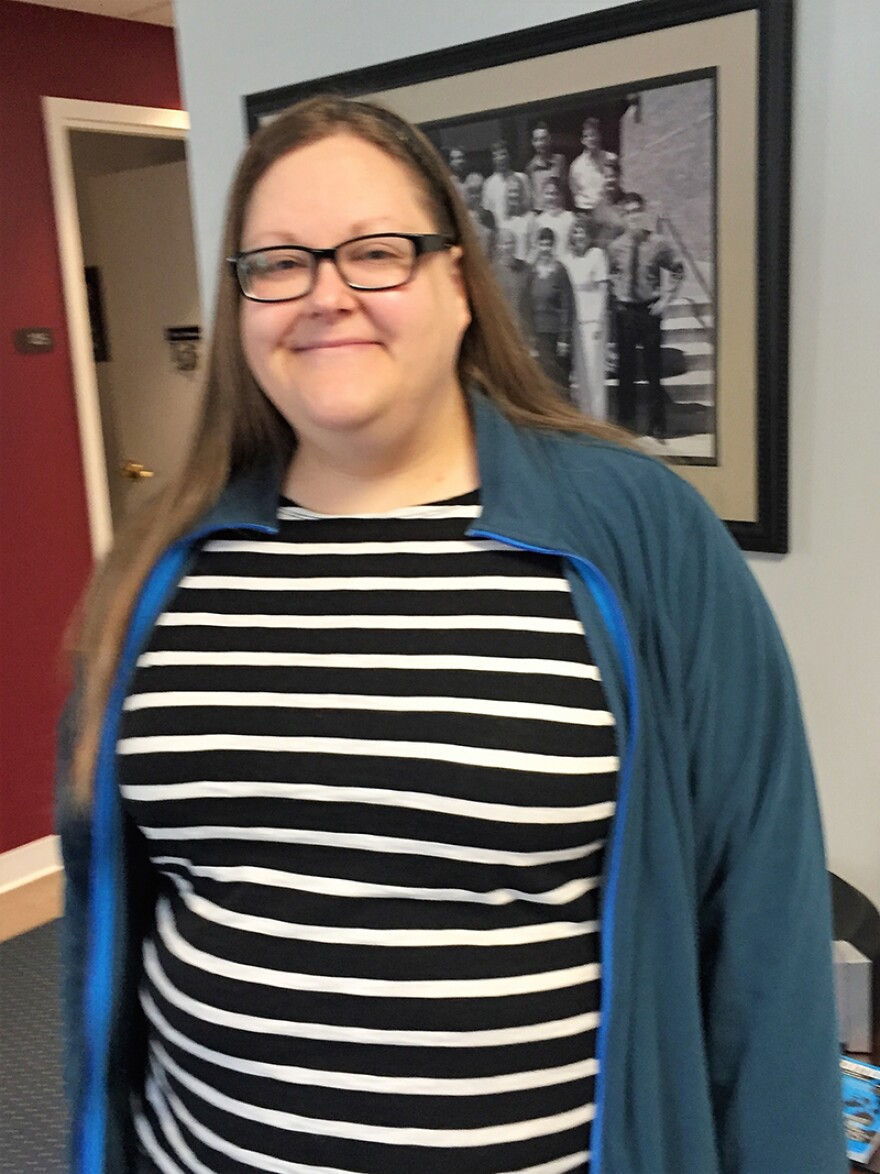Kansas freshman Republican Congressman Roger Marshall is getting a baptism of fire as he campaigns for the American Health Care Act — the bill Republicans introduced this week to repeal and replace the Affordable Care Act, better known as Obamacare.
Marshall, a longtime obstetrician from Great Bend who retired from his practice to run for Congress, already is making headlines. Interviewed for a recent article in STAT, an online medical news site, Marshall cited Jesus and the Bible when explaining his view that efforts to provide health care to low-income Americans can be a waste of time and money.
“There is a group of people that just don’t want health care,” Marshall said. “Just like homeless people … I think just morally, spiritually, socially [some people] just don’t want health care.”
Continuing, he said, “The Medicaid population, which is [on] a free credit card, as a group, do probably the least preventive medicine and taking care of themselves and eating healthy and exercising. And I’m not judging. I’m just saying socially that’s where they are.”
Marshall also got an earful recently from a group of constituents who turned out for the opening of his district office in Salina.
Asked how the replacement bill would protect people with pre-existing conditions from being denied coverage, as they were prior to Obamacare, Marshall said, “I think high-risk pools are the answer.”
Several in the crowd jeered and one woman shouted, “You’re a baby boomer, you can’t be that stupid.”
Briefly losing his temper, Marshall responded, “Ma’am, I have probably forgotten more about health care than you know, so to call me stupid on health care is probably ridiculous.”
Marshall insists that allowing states to re-establish high-risk pools would provide people with chronic conditions continued access to health insurance while stabilizing rates for healthy people purchasing coverage in the individual market.
“What we found in Kansas was that premiums were very high and the coverage was very limited.”
But Jean Hall, a University of Kansas researcher who has written extensively about high-risk pools for several national health policy organizations, says they don’t work.
“What we found in Kansas was that premiums were very high and the coverage was very limited,” Hall said. “So, you have people with chronic conditions who don’t have access to very comprehensive care.”
Kansas and Missouri were among 35 states that operated high-risk pools prior to the passage of Obamacare. Studies showed that only a fraction of the people who needed high-risk pool coverage purchased it, mainly because it was too expensive.
Jennifer Weishaar of Lawrence suffers from polycystic ovary syndrome, a chronic disorder that often leads to diabetes and sometimes cancer. Uninsured prior to the passage of Obamacare, she checked into high-risk pool coverage but couldn’t afford it.

“The premiums were exorbitant,” Weishaar said.
Weishaar said she stopped getting regular checkups until she was able to purchase subsidized coverage in the Obamacare marketplace. Only then did doctors discover several large polyps on her colon that required surgery.
Getting coverage when she did might have saved her life, Weishaar said.
“There is a very real line for me, from having insurance to being able to go to the doctor to having this found and not having colon cancer at age 36 or not being dead,” she said.
Requiring people with pre-existing conditions — an estimated 30 percent of the population — to seek coverage in state-based high-risk pools seems like a backward move to Weishaar.
“The idea that we should now put all the people who we know are sick into this one specific plan where the costs are going to be exorbitant and in no way affordable is ridiculous,” she said.
One of the aims of Obamacare was to dilute the cost of covering people with chronic health conditions by including them in as broad an insurance pool as possible. However, when not enough young, healthy people bought coverage in the Obamacare marketplace to balance the risk, premiums went up and some insurance companies pulled out, causing Marshall and others to declare it a failure.
“It’s broken, it’s not working,” he said.
Even so, re-establishing high-risk pools would be expensive. The $100 billion allocated in the replacement bill to help fund the pools over the next 10 years won’t be enough to keep premiums affordable, Hall said.
“States would have to come up with a lot of additional funding,” she said. “Assuming that they want to make it affordable for people.”
The political debate aside, Julie Holmes, director of the health and life division in the Kansas Insurance Department, said it would be relatively easy to establish the state’s high-risk pool because the law that authorized the old one is still on the books.
“From that perspective we’re ahead of the game,” Holmes said. “So, we wouldn’t have to necessarily re-create the wheel, but it would definitely have to be reworked to fit whatever it is that comes down the pike.”
Jim McLean is managing director of the Kansas News Service, a collaboration of KCUR, Kansas Public Radio and KMUW covering health, education and politics in Kansas. You can reach him on Twitter @jmcleanks. Kansas News Service stories and photos may be republished at no cost with proper attribution and a link back to kcur.org.





